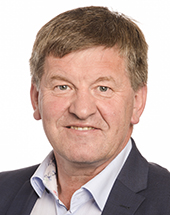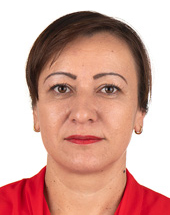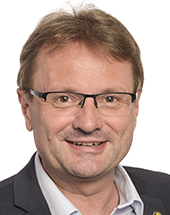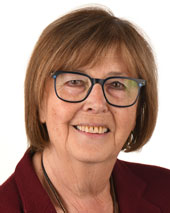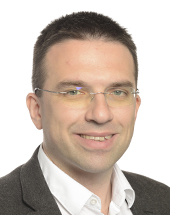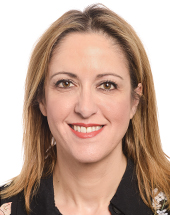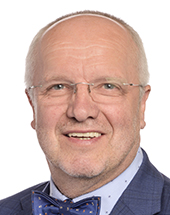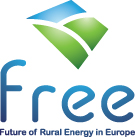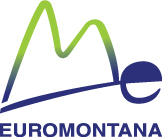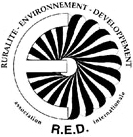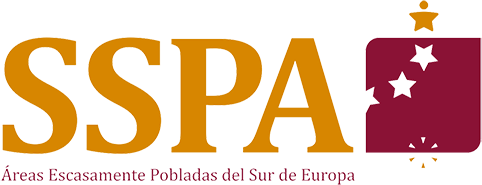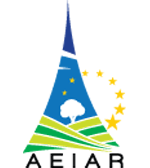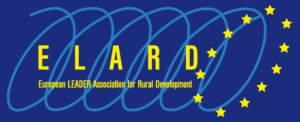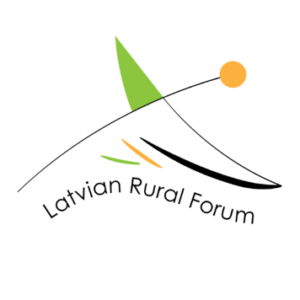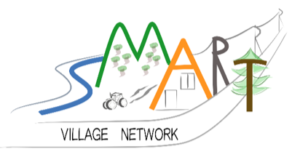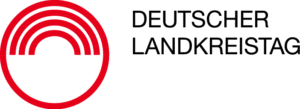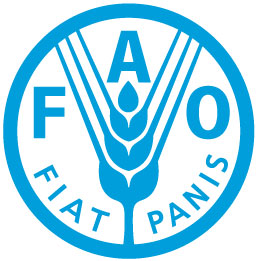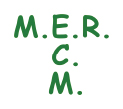Members of the European Parliament
CO-CHAIRS
VICE-CHAIR
MEMBERS
Mazaly AGUILAR (ES, ECR)
Álvaro AMARO(PT, EPP)
Eric ANDRIEU(FR, S&D)
Attila ARA-KOVÁCS(HU, S&D)
Tom BERENDSEN(NL, EPP)
Andrea CAROPPO(IT, ID)
Maria Da Graça CARVALHO (PT, EPP)
Jérémy DECERLE (FR, Renew Europe)
Marco DREOSTO (IT, ID)
Klemen GROŠELJ (SL, Renew Europe)
Martin HÄUSLING (DE, Greens-EFA)
Hannes HEIDE (AT, S&D)
Elena LIZZI (IT, ID)
Benoît LUTGEN (BE, EPP)
Lukas MANDL (AT, EPP)
Isabel Carvalhais (PT, S&D)
Juozas OLEKAS (LT, S&D)
Anne SANDER (FR, EPP)
Nicolae ŞTEFĂNUȚĂ (RO, Renew Europe)
Hermann TERTSCH (ES, ECR)
Mara BIZZOTTO (IT, ID)
Ivan ŠTEFANEC (SK, EPP)
Isabel GARCÍA MUÑOZ (ES, S&D)
Herbert DORFMANN (IT, EPP)
Sylwia SPUREK (PL, Greens-EFA)
Ivan Vilibor SINČIĆ (HR, NI)
Colm MARKEY (IE, EPP)
Alessandro PANZA (IT, ID)
Alexander BERNHUBER (AT, CDU)
Engin EROGLU (DE, RE)
Irène Tolleret (FR, Renew Europe)
Christophe Grudler (FR, RE)
Brice Hortefeux (FR, EPP)
Seán Kelly (IR, EPP)
Stelios Kympouropoulos (GR, EPP)
Susana Solís Pérez (ES, RE)
István Ujhelyi (HU, S&D)
Maria Walsh (IR, EPP)
Sarah Wiener (DE, Greens)
Elsi Katainen (FI, RE)
Victor NEGRESCU (RO, S&D)
Brando BENIFEI (IT, S&D)
Camilla LAURETI (IT, S&D)
Simone SCHMIEDTBAUER (AUT, EPP)
Supporting organisations
Members
The FREE initiative is launched and funded by SHV Energy, a family-owned multinational organisation that consists of a group of specialised energy companies. These companies provide people and businesses with decentralised personalised energy solutions and services. Its customers often live or work in areas beyond the natural gas grid. FREE was created in 2010 and is meanwhile supported by a wide variety of groups and individuals committed to realising the potential of rural communities through greater energy choice.
www.rural-energy.eu
Euromontana’s mission is to promote living mountains, integrated and sustainable development and quality of life in mountain areas.
In order to achieve this, Euromontana facilitates the exchange of information and experience among these areas by organising seminars and major conferences, by conducting and collaborating in studies, by developing, managing and participating in European projects and by working with the European institutions on mountain issues.
www.euromontana.org
R.E.D. prioritizes a participatory and strategic approach integrating in a specified territory the economic, social, cultural and environmental concepts.
R.E.D. animates a European rural development network and coordinates the European Countryside Movement, collaborative platform of international organizations.
R.E.D. manages the websites www.ruraleurope.org, and www.patrimoine-energie.org and publishes thematic dossiers.
The main concerns of young farmers, and the focus of CEJA’s activities in Brussels and beyond are issues concerning access to land, credit and production rights and strengthening education and training facilities for young people in rural areas. CEJA represents 2 million Young Farmers in Europe and has always claimed to be independent of any political ideology.
SSPA’s goal is to formulate and promote measures aimed at reversing the process of depopulation, aging, demographic and economic fragility of Southern Sparsely Populated Areas. The network works to achieve adoption of legislative measures and appropriate policies by public authorities, as well as the involvement of civil society organizations of the European Union.
The German LEADER Association is convinced that the future of the democratic community depends on the extent to which people succeed in actively participating in the political processes. We see the LEADER method, which was developed at the level of the European Union, as a suitable means of supporting this participation. In order to establish and strengthen the LEADER method, the German LEADER action groups (LAG) formed a legally association. The association pursues the purpose of strengthening and establishing the bottom-up approach of the LEADER method on all political and social levels in Germany and – together with similarly oriented groups of the EU member states – also within Europe. The focus is primarily about the broad, active participation of regional and local actors in the preparation and implementation of regional or local development strategies.
In detail, the association pursues the following purposes:
• Commitment to optimized framework conditions for the work of the LEADER action groups, in particular to implement the bottom-up approach
• Representation of the interests of German LEADER action groups at federal and European Union level
• Promotion of the exchange of experience and networking within the framework of rural development
• Implementation, further development and consolidation of the LEADER approach as an important funding instrument of the European Union
• Promotion of rural areas and their actors
Association “Latvian Rural Forum”
Reg. No. 40008090394; address: Strauti, Kolka, Dundagas novads, LV-3275
+371 288 55 427 | | www.laukuforums.lv | @laukuforums
The Smart Village Network is committed to supporting communities across Europe to develop ‘smart village’ approaches that can deliver more resilient rural areas and communities. Its mission is to enable exchange and cooperation between villages and to make the voice of villages heard at regional, national and European levels.

Interreg is a series of programmes for the cohesion between regions in and out of the European Union. The Interreg Alpine Space programme co-finances and supports cooperation projects across the borders of seven Alpine countries. Since its creation in 2000, it tackles common challenges and improve the quality of life of the 80 million inhabitants of the Alpine region. Within the current period 2021-2027, we are at the forefront of the transition to a unique, carbon neutral and climate resilient European territory: the Alpine Region.
German County Association
The German County Association (“Deutscher Landkreistag”, DLT) is the leading association of the 294 German federal administrative counties (Landkreise). The sector covers around 96% of the surface area of the Federal Republic of Germany and represents three quarters of the local authorities, who in turn represent 55 million inhabitants or 68% of the German population. The association understands itself as promoter of the rural areas in Germany. The German County Association represents public interests via the local authorities which are politically responsible to German citizens. The main tasks of the German County Association are to promote local self-government and foster common interests between all local government bodies vis-à-vis the Federal State, the European institutions, and the public. One of the most important aims of the German County Association is safeguarding and establishing equal living, supply, working, administration, and development conditions in rural areas in proportion to urban areas. The association is especially concerned with sustainable development in peripheral rural areas, covering issues such as demographic change. Another focus lies within the commitment of the counties as responsible authority for social welfare as well as children and youth social services and local employment policy as well as municipal law, e-government, modernisation of administration, public services law, savings banking, local services of general interest (energy, water, wastewater, waste), business development, health, transport law, environmental law, planning law and European affairs.
The Food and Agriculture Organization (FAO) is a specialised agency of the United Nations that leads international efforts to defeat hunger. Their goal is to achieve food security for all and make sure that people have regular access to enough high-quality food to lead active, healthy lives.
AEIDL (European Association for Innovation in Local Development) is a Brussels-based association that learns from and fosters community-led innovation to revitalise local communities from across Europe in areas such as rural and territorial development, employment, entrepreneurship, social inclusion, environment, climate action and green growth. Since its creation, AEIDL has been an active stakeholder in various policies introduced by Europe. We add value by supporting and facilitating peer learning among local and national actors across Europe, analysing and evaluating relevant EU policies and advocating for enhanced support to community local action to help build a Europe for citizens.
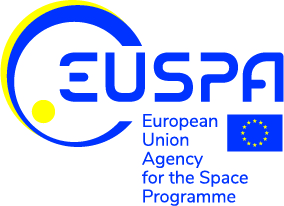
EUSPA is the operational European Union Agency for the Space Programme. It adopts a user-oriented approach to promote sustainable growth and to improve the security and safety of the European Union.
Space is essential to the way we live, work and play. EUSPA’s core mission is to implement the EU Space Programme and to provide reliable, safe and secure space-related services, maximising their socio-economic benefits for European society and business. By fostering the development of innovative and competitive upstream and downstream sectors and engaging with the entire EU Space community, EUSPA is driving innovation-based growth in the European economy and contributing to the safety of EU citizens and the security of the Union and its Member States, while at the same time reinforcing the EU’s strategic autonomy.
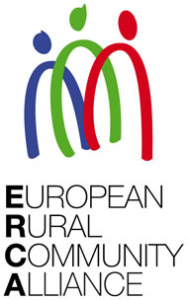
ERCA, the European Rural Community Alliance was founded in 2008 to provide a pan European voice and platform for representative rural organisations with national or regional standing. Until 2021 it was led, as president, by Staffan Nillson, former president of the EESC, (European Economic and Social Committee). It has active participation from organisations located in Portugal, England, Scotland, (Scottish Rural Action), Ireland (Irish Rural Link), in the West, to Iceland, Denmark, Sweden, Finland in the North, to Lithuania and the Ukraine in the East and Belgium, Netherlands and Germany centrally.
ERCA is a voluntary organisation, respected by the other European Institutions for its widespread reach and knowledge of most rural aspects. It has been a key stakeholder in the Commission’s preparations for the PACT and work on rural proofing and a member of the former ENRD Network steering group and Assembly. It is involved in organising the Gathering and steering group meetings of the European Rural Parliament and involved in several previous and current European research projects. ERCA also participated in the launch of the new rural Observatory and the recent OECD conference in Ireland.

